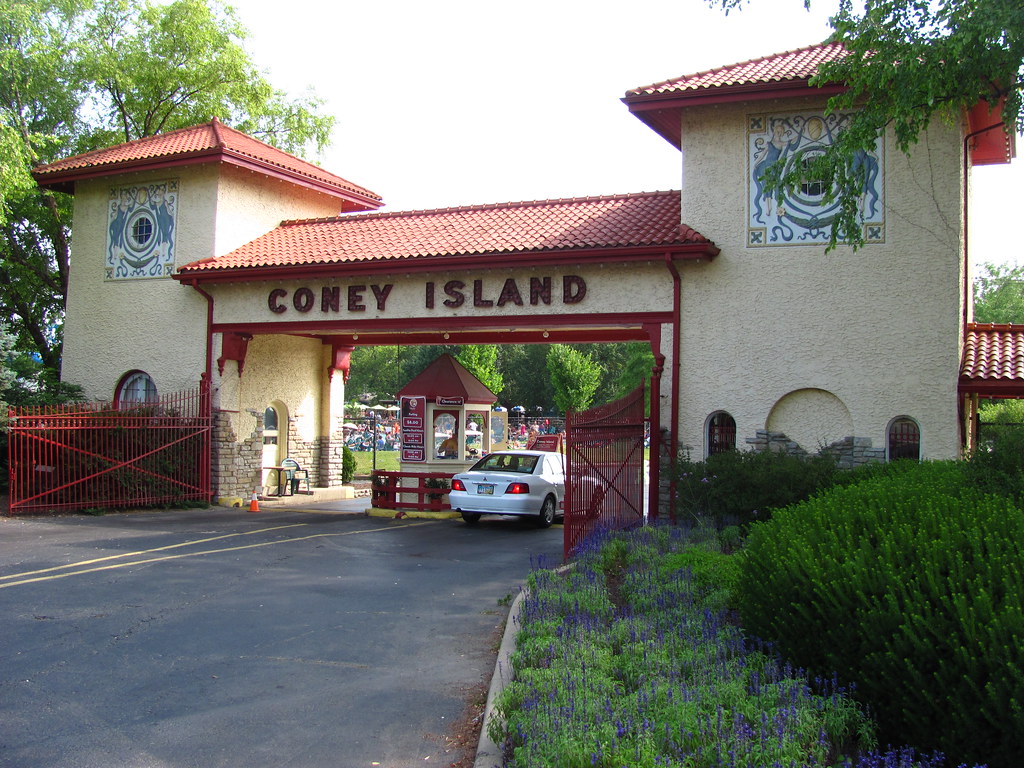Article research doesn’t always go as smoothly or as cleanly as one might imagine. I fall headlong into rabbit holes frequently, sometimes finding inspiration for future articles that continue the cycle. Rarely, however, do I find the sheer volume of factual oddities I encountered while investigating places “Outside of California.” I supposed it was enough to create a nice entry for the ongoing series of Odds and Ends that appear sporadically on Twelve Mile Circle, however I decided to call it California Tangential to honor its source instead.
Hooray for Hollywood
California was notable for so many things although perhaps best known for Hollywood, at least from a worldwide cultural perspective. Appropriately, the California locality in southern Maryland referenced in the previous article practically abutted another settlement named Hollywood. Only 6.3 miles (10 kilometers) separated Hollywood from California. This happy juxtaposition was completely coincidental and happened in 1867.
“…when a storeowner at Thompson’s General Store near the Uniontown section of Hollywood required a name for the post office inside the store. The storeowner was inspired by the gigantic holly tree planted in front of the store and named the post office Hollywood.”
The Hollywood in Maryland (map) predated its California cousin by more than twenty years as well as the movie industry’s establishment on the west coast by nearly half a century. Still, it put a smile on my face to imagine the possibility of a Patuxent River Walk of Fame.
Coney Island

I found another bait-and-switch at the California neighborhood of Cincinnati, Ohio. It seemed strange that they selected a name from the west coast. A later entrepreneur drew his inspiration from the opposite coast in an attempt to recreate New York’s Coney Island in 1886, to position it as:
“…the Coney Island of the West’ in an effort to link the park with the famous New York destination. Fortunate enough to be on a riverfront location, riverboat soon became the most popular method of transportation for park visitors. In 1887, ‘Ohio Grove’ was completely dropped from the name as the park became known simply as ‘Coney Island.’”
The attraction still exists. However, just as the California in Ohio fell short of its original namesake, so too did this version of Coney Island (map).
Jackass
Stupid things amuse me. I smirked when I spied Jackass Flat adjacent to California Gully in Victoria, Australia. Jackass Flat simply sounded silly because I lacked any decorum and maturity. At least people elsewhere had the good sense to change their Jackass to something slightly more sensible. Pity the 224 people who lived in Jackass Flat. Still it beat some of the alternatives as an 1860 book described it in Two Years in Victoria
“In our walk through the diggings, we could not help noting the names of places and signs as indications of the character of mind of the people who give such names — Jackass Flat, Donkey Gully, Dead horse Gully, Sheepshead Gully, Tinpot Gully, Job’s Gully, Poverty Gully, and Piccaninny Gullies without end. These however are not quite so bad as Murderer’s Flat and Chokem Gully.”
I agreed that Murderer’s Flat would have been dreadful. However, Chokem Gully had a nice ring to it, ignoring what it actually referenced.
California / Chicago Flip-Flop

I found a California Avenue in Chicago. Actually I’d known about the California station (map) on the Chicago Transit Authority’s Blue Line for many years because I’d passed it many times taking the train from O’Hare International Airport. I didn’t realize that the station name derived from a street until now, though. Conversely there was a Chicago in California (actually several of them) . The most well known may have been Port Chicago, on Suisun Bay northeast of San Francisco (map). It was the site of the horrific “Port Chicago Disaster“:
“Port Chicago… was developed into a munitions facility when the Naval Ammunition Depot at Mare Island, California, could not fully supply the war effort. By the summer of 1944, expansion of the Port Chicago facility allowed for loading two ships at once around the clock. The Navy units assigned to the dangerous loading operations were generally segregated African-American units…. Approximately 320 workers were on or near the pier when, at 10:18 p.m., a series of massive explosions over several seconds destroyed everything and everyone in the vicinity.”
These events exposed racial inequalities in the U.S. Navy although reforms took many more years. Port Chicago also no longer exists. The government declared eminent domain in 1968 and tore it down to create a safety buffer zone.
Back to the United Kingdom
I’d forgotten about an English California featured previously on 12MC in Wrong Side of the Atlantic. Then another California appeared in Ipswich (map) courtesy of a comment posted by reader Mark. He also provided a document link with much more information about the Ipswich California. So that led me to examine the Gazetteer of British Place Names for more California locations. It included several; five in England and one in Scotland. The prevalence surprised me.

Leave a Reply